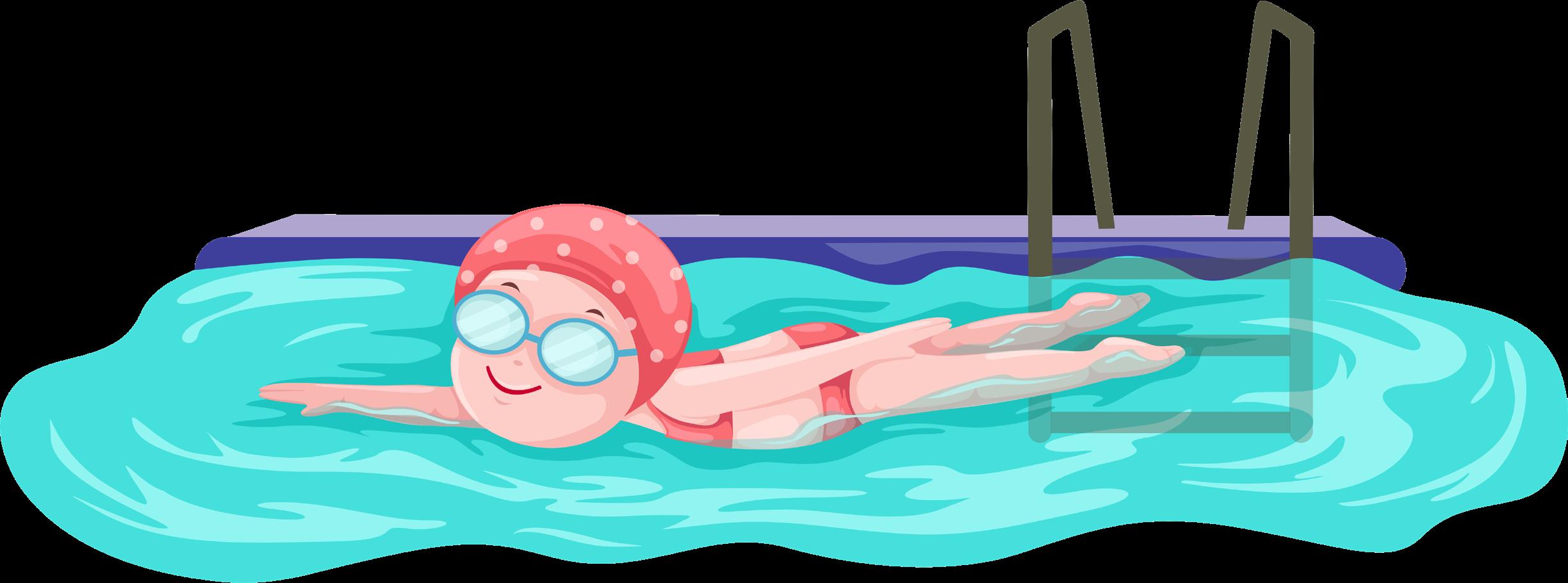
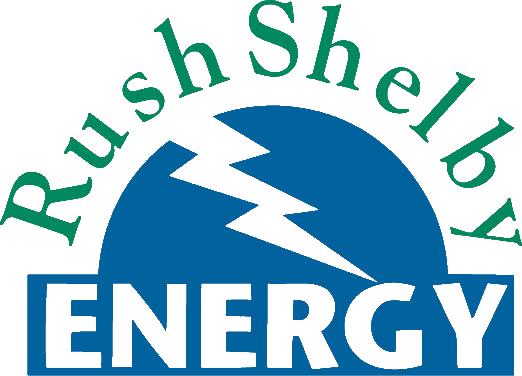



(USPS 171-360 Published Monthly)
Contributors:
Cathy Rhoades and David Toll
Publication Office: 2777 S. 840 W. Manilla, IN 46150
Periodical Postage paid in Indianapolis, Indiana 46206
POSTMASTER:
Send address changes to:
P.O. Box 55, Manilla, IN 46150

RushShelby Energy is pleased to annouce that general retirement checks were mailed on June 27. This year's disbursement includes the full retirement of 1989 patronage and a partial retirement of patronage allocated for 1990 and 2024, as approved by the RushShelby Energy Board of Directors.
For 1990 and 2024, only a portion of the allocated amounts will be paid out at this time, with the remaining balance scheduled for retirement in the near future. Members with patronage refunds of $75 or less will see those amounts automatically applied to their electric accounts, which will be reflected on upcoming billing statements.
This approach allows RushShelby Energy to honor older patronage commitments while also sharing a portion of the most recent year's allocation with our members.
What if I receive a check for someone who no longer lives at my address? Simply write "Return to Sender" on the envelope and note that the addressee is no longer at your address. This helps us update our records and ensures that future mail reaches the correct recipient.
What if I recieve a check made out to a deceased relative?
We understand this can be sensitive. You can request to have the check reissued in the name of the heir. To begin, please complete an Heir Form, available by calling 765-5442904 or visiting www.rse.coop. Once we receive and verify the required documentation, a new check will be issued.
What if my electric account is still in my deceased spouse's name?
Accounts must be legally held in the name of a living person. Please contact our office so we can assist you in transferring the account to your name and reissue any checks that were issued to your spouse.
In August, RushShelby Energy will publish a list of unclaimed checks and accounts in this newsletter. This list will include instructions and forms to help you make a claim, if applicable. We encourage you to review the list to ensure you're not missing out on any funds owed to you.
For questions or additional help, please contact Janet Labrie at 765-544-2904.
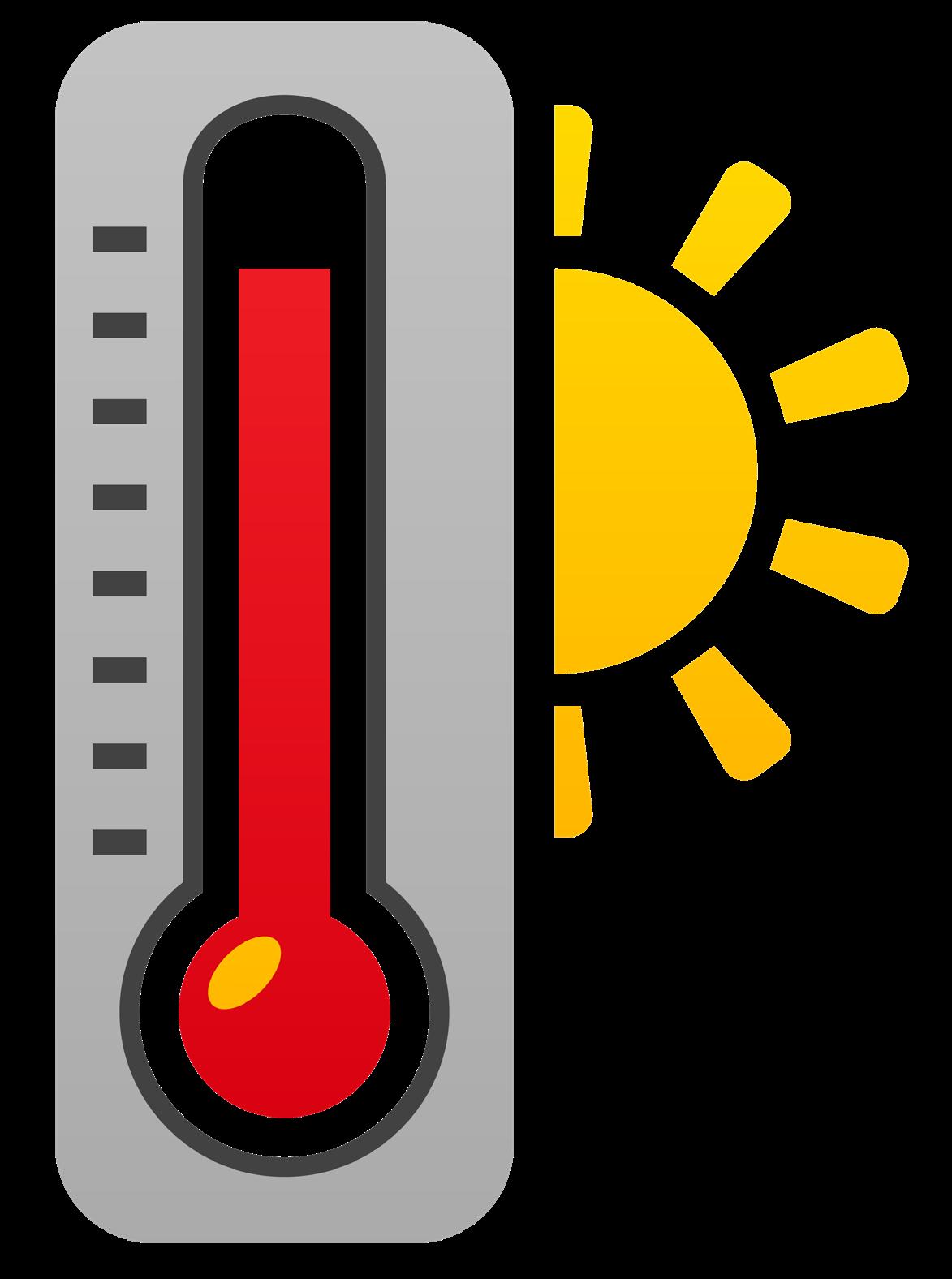
When outdoor temperatures soar, our electricity use increases. That's because our air conditioners are running longer and more often to counteract sweltering outdoor temperatures. Factor in that we all tend to use electricity at the same times - in the morning or early evenings - and that equals a lot of strain on our electric grid.
At RushShelby Energy, we work closely with Hoosier Energy, our local generation and transmission (G&T) cooperative in resource and infrastructure planning to ensure you have the power you need whenever you flip a switch, but the electric grid is much larger than your local co-op and G&T.
In summer months, when even more electricity is being used simultaneously across the country, it is possible for electricity demand to exceed supply, especially if a prolonged heat wave occurs. If this happens, which is rare, the grid operator for our region of the country may call on consumers to actively reduce their energy use or initiate rolling power outages to relieve pressure on the grid. RushShelby Energy will always keep you informed about situations like this.
We work proactively with our G&T to create a resilient portion of the grid and ensure electric reliability in extreme weather, including regular system maintenance, grid modernization efforts and disaster response planning; but it takes everyone to keep the grid reliable.
To help keep the air conditioner running for you, your family and neighbors, here are a few things you can do to relieve pressure on the grid during times of extreme heat:
• Select the highest comfortable thermostat setting and turn it up several degrees whenever possible. Your cooling system must run longer to make up the difference between the thermostat temp and the outdoor temp.
• Pro tip: Seal air leaks around windows and exterior doors with caulk and weatherstripping. Air leaks and drafts force your cooling system to work harder than necessary.
• Run major appliances such as dishwashers, ovens and dryers during off-peak hours when the demand for electricity is lower.
• Pro tip: Start the dishwasher before you go to bed.
• Use ceiling fans to make yourself feel a few degrees cooler. Remember, ceiling fans cool people (not rooms), so turn them off in unoccupied rooms.
• Pro tip: During summer months, set ceiling fan blades to rotate counterclockwise, which pushes cool air down for a windchill factor.
• Close blinds, curtains and shades during the hottest part of the day to block unwanted heat gain from sunlight.
• Pro tip: Consider black out curtains with thermal backing or reflective lining to block heat and light.
• Use smaller appliances, such as slow cookers, air fryers and toaster ovens to cook meals.
• Pro tip: Studies have shown that air fryers use about half the amount of electricity than a full-sized oven. Air fryers are smaller and use focused heat, which results in faster cooking times, less heat output and lower energy use.
As we face the challenges posed by soaring summer temperatures, understanding the impact on energy demand is crucial for maintaining a reliable power supply. By adopting energy conservation practices during periods of extreme heat, not only can you save money on your electric bills, but you can also contribute to the resilience of the grid, keeping our local communities cool and connected.
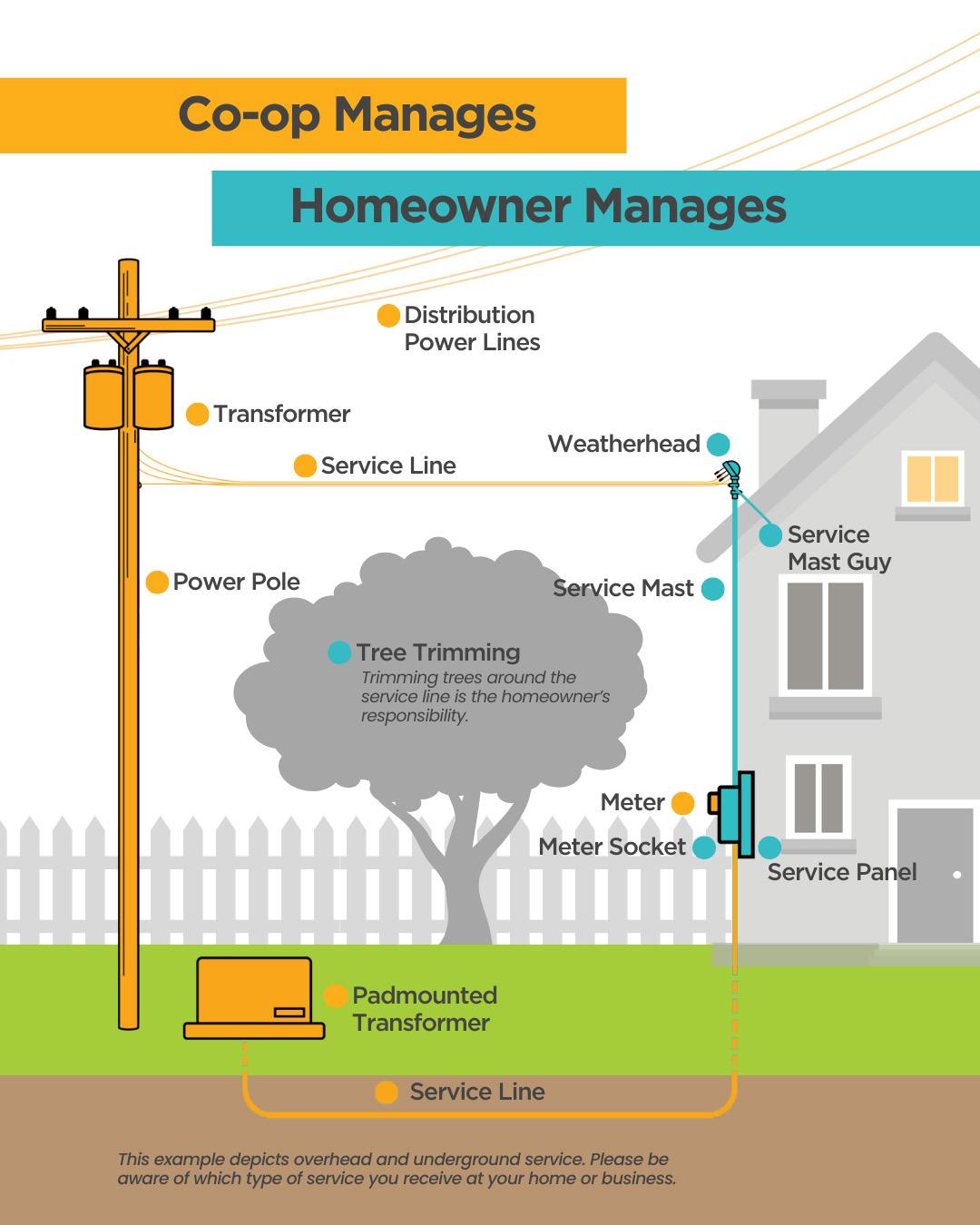
As summer rolls in with longer days and rising temperatures, it also brings the increased potential for severe weather. Summer storms can arrive quickly and hit hard, sometimes causing significant damage to essential electric equipment throughout our communities.
RushShelby Energy is always prepared to respond swiftly to outages and restore power safely, but it is also important for homeowners to understand which parts of the electric system are their responsibility and which are maintained by the co-op. Understanding the key differences can help speed up repairs and ensure everyone stays safe when the weather turns rough.
RushShelby Energy is responsible for maintaining and repairing the lines that run to your home, including utility poles, distribution power lines, electric meters and padmounted transformers.
RushShelby Energy members are responsible for the equipment located between the electric meter and your home or business. Members are also responsible for the weatherhead and service mast located outside the home.
If any equipment that you (the homeowner) is responsible for is damaged, please call a licensed electrician to conduct the repairs. A professional has the experience and know-how to assess and manage these types of repairs.
When severe weather damages electrical equipment, it's important to note that any necessary repairs to the homeowner's equipment must be conducted before RushShelby Energy crews can restore power to your home or business. By understanding the equipment you are responsible for, the repair and restoration process will be smoother and faster.
Our communities take great pride in the beautiful trees and landscaping that contribute to the natural beauty where we live, however, regular trimming is essential to ensure reliable electric service and minimize damage from severe weather. RushShelby Energy regularly trims trees throughout our service territory to improve service reliability. If you spot a tree limb that is obstructing a distribution power line outside your home, please call 765-544-2600 so we can trim those limbs and maintain those lines.
Any overgrown limbs or vegetation around the service line is the homeowner's responsibility, and in these cases, please call a professional tree trimming service to assist.
By working together to understand the essential equipment that powers daily life, we can all be better prepared to start the repair and restoration process if severe weather impacts our communities.

We know how hard it is to be without power. Whether you're trying to keep your family warm, your phone charged or your food cold - life gets stressful fast when the lights go out. And during a widespread outage, one of the most common and understandable questions we hear is: "When will it come back on?"
The truth is, during large-scale outages, we often can't give a clear answer - at least not right away. Not because we don't care, and not because we aren't working as fast as we can - but because there are some real challenges that make accurate restoration times difficult in those first critical hours. Here's why:
When a storm or large-scale event hits, our first priority is assessment. Crews fan out to check lines, substations, poles and transformers. But until we know exactly where the damage is and how serious it is, giving an estimate would be misleading. We'd rather be honest than make promises we can't keep.
Sometimes, what looks like a quick fix on the surface turns out to be far more complicated. A fallen tree may take down multiple sections of line. A blown fuse might be a symptom of a deeper issue. We won't know until our crews can safely get to the scene and dig in.
Before we restore power, we make sure the area is safe. That means waiting for floodwaters to recede, clearing downed trees or de-energizing lines that could put someone at risk. It takes time - but protects lives, including those of our linemen working in tough, dangerous conditions.
Restoring Power Happens in Stages
We work as quickly and efficiently as possible, starting with the largest groups of members, and finally the more isolated or complex cases. We know it can be frustrating if your neighbor has power, but you don't - but there's a method to the madness, and it's all about getting the most people back on as quickly and safely as possible.
Things Can Change Quickly
We build our plans based on what we know - but things can change. Weather shifts. Equipment breaks. New outages occur. That's why we always ask for your patience - all is based on the best information we have at the moment, and that can always shift.
Here's What You Can Count On
We might not always have a firm answer to "when," but you can count on this:
• We are working - day and night, rain or shine - to get power back on.
• We'll communicate with you honestly and regularly as we learn more.
• And we won't stop until every single home and business has its power restored.
You're not just members to us - you're our neighbors, our families and our community. And we're with you, every step of the way.
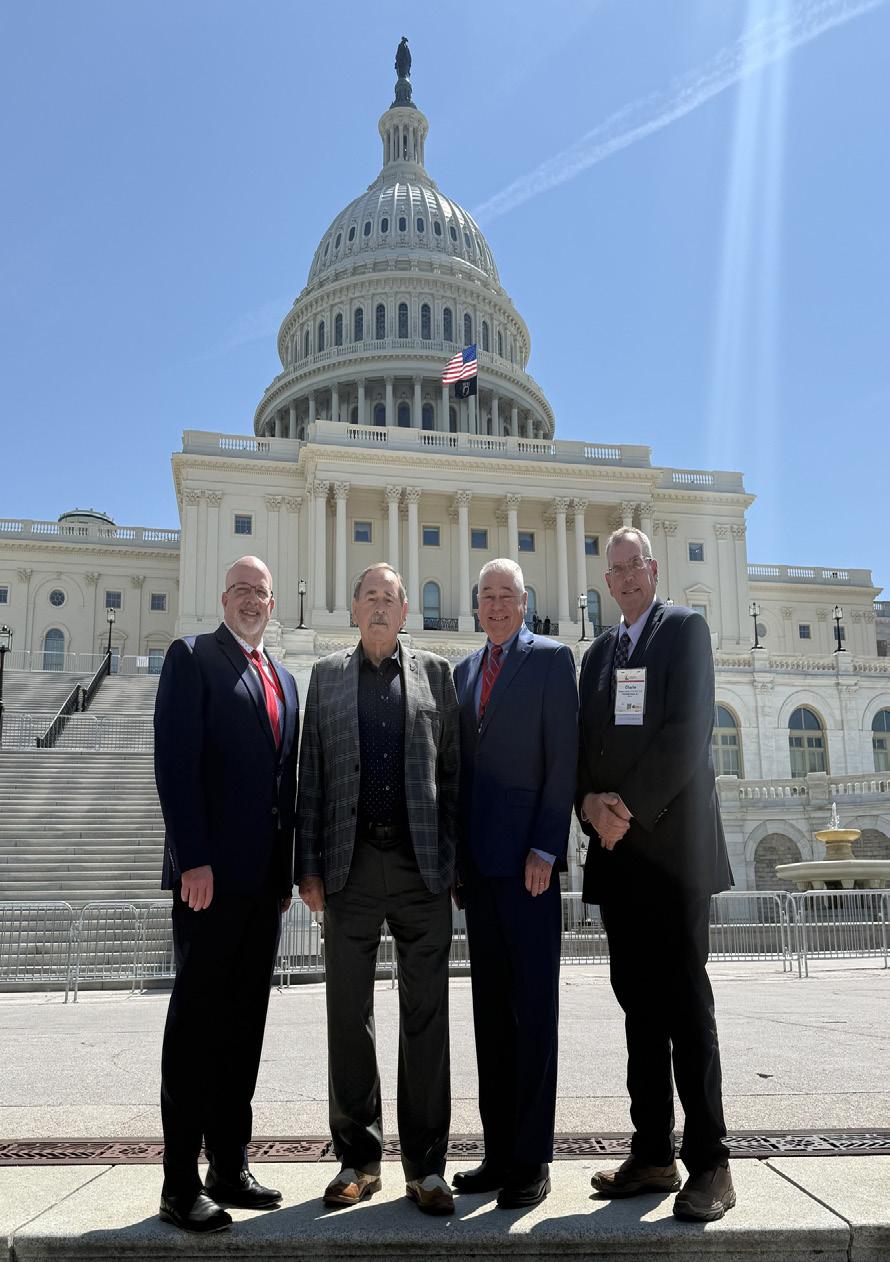

High School - Shelbyville College - Purdue
RushShelby Energy joined nearly 80 Indiana electric cooperative representatives in Washington, D.C., this May for the National Rural Electric Cooperative Association (NRECA) Legislative Conference. The annual event brings co-op leaders together with lawmakers to discuss issues that impact the industry and communities we serve.
President & CEO Chris Chastain and board members Robert Stroup, Bruce Everhart and Charles Smith represented RushShelby Energy, meeting with members of Indiana's Congressional delegation, including Senators Banks and Young, Congressmen Baird, Shreve and Yakym and staff from other key offices.
Discussions focused on proposed EPA regulations and federal infrastructure funding programs. RushShelby Energy participates in these conversations to ensure our member's voices are heard and to advocate for reliable, affordable electric service in rural Indiana.


High School - Eastern Hancock College - Ball State
Entries for the 2026 Planner Contest are coming in fast! Don’t miss your chance to have your photo featured on the cover of the 2026 Planner and win a $250 bill credit. Plus, 12 honorable mentions will each receive a $50 bill credit and have their photos featured on the covers of our 2026 newsletters. For full contest details and entry guidelines, visit www.rse.coop. The entry deadline is August 22, 2025 — share your talent and get rewarded!

Linda Richmond's striking photo proudly captures the spirit of red, white and blue. Selected as an honorable mention in our contest, Linda's work is featured on this month's cover, and she received a $50 bill credit for her winning entry. Congratulations, Linda!
Please join us in welcoming Brady to our crew! He has been hired as a Groundman B and will be assisting our linemen with building, maintaining and restoring electrical service throughout our territory.
We're excited to have him on board and look forward to the great work ahead.
During summer months, run large appliances that emit heat such as clothes dryers and dishwashers during the evening when the outdoor temperature is lower. Running heat-emitting appliances in the evening will reduce indoor heat gain during the day when outdoor temperatures are highest and ultimately keep your air conditioner from working harder than necessary. Souce: energy.gov

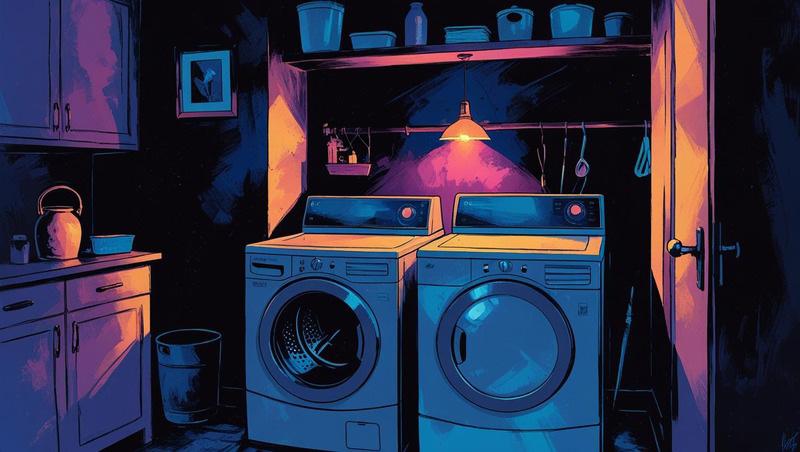

MINI-MEMBER PUZZLE
Outdoor water activities and electricity never mix because water is a powerful conductor of electricity. When electrical devices or cords come into contact with water - like a pool, lake or beach - it can cause serious electric shocks. Keep all electrical items far away from water and always follow safety rules when you're outside near water. Read the sentences below, then unscramble the bolded letters to complete the safety tips.
1. Never touch electrical csevied, switches or plugs when your hands are wet.
2. Always place lacertceil items like radios, speakers or lights at least 10 feet away from the water's edge.
3. After using outdoor electronics, ngulup them and store them away from water to prevent accidents.
4. Keep extension dsroc far away from water sources to prevent tripping hazards.
5. Always pay attention to "no wmsinimg" signs, whether at the pool, beach or lake.
